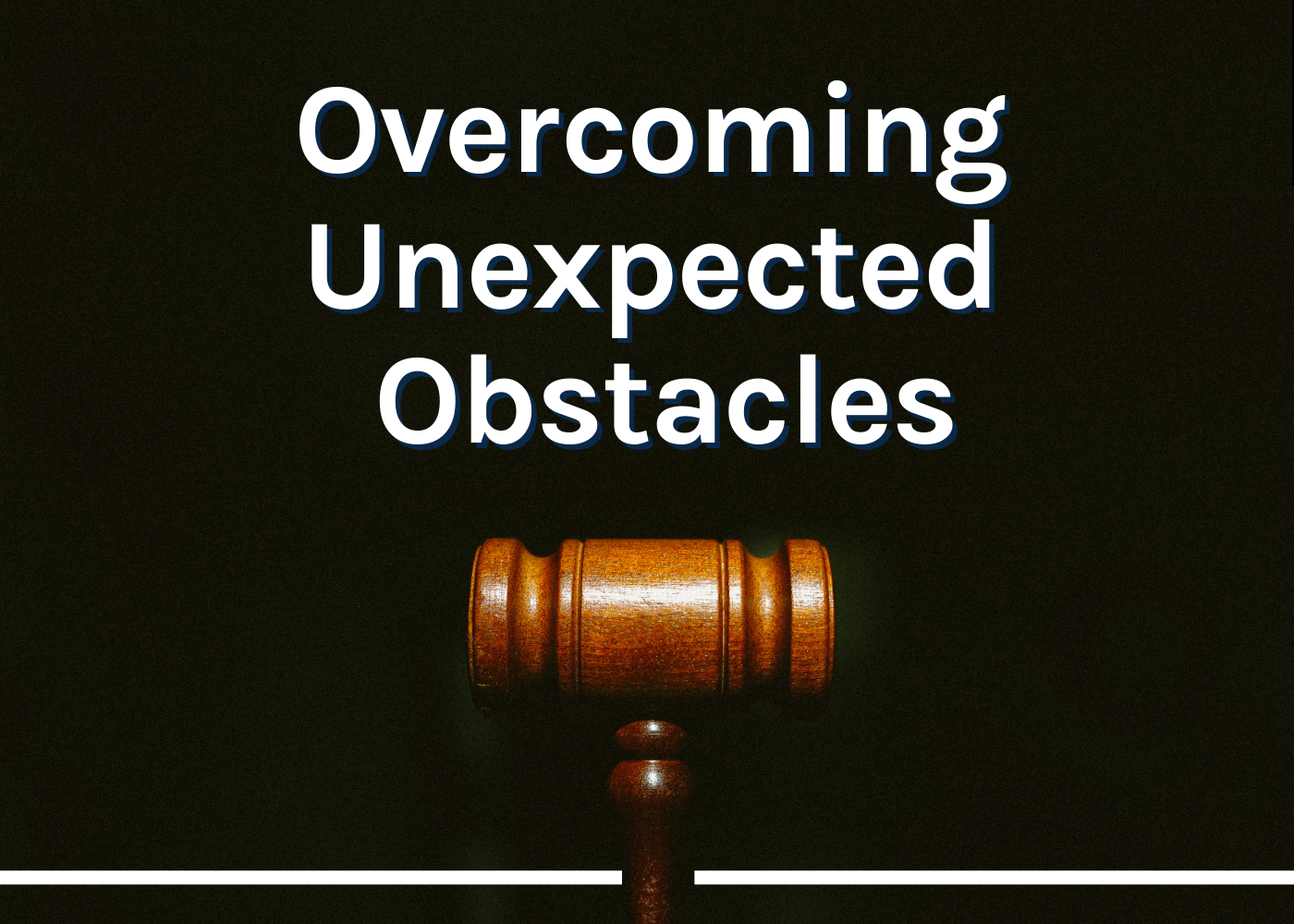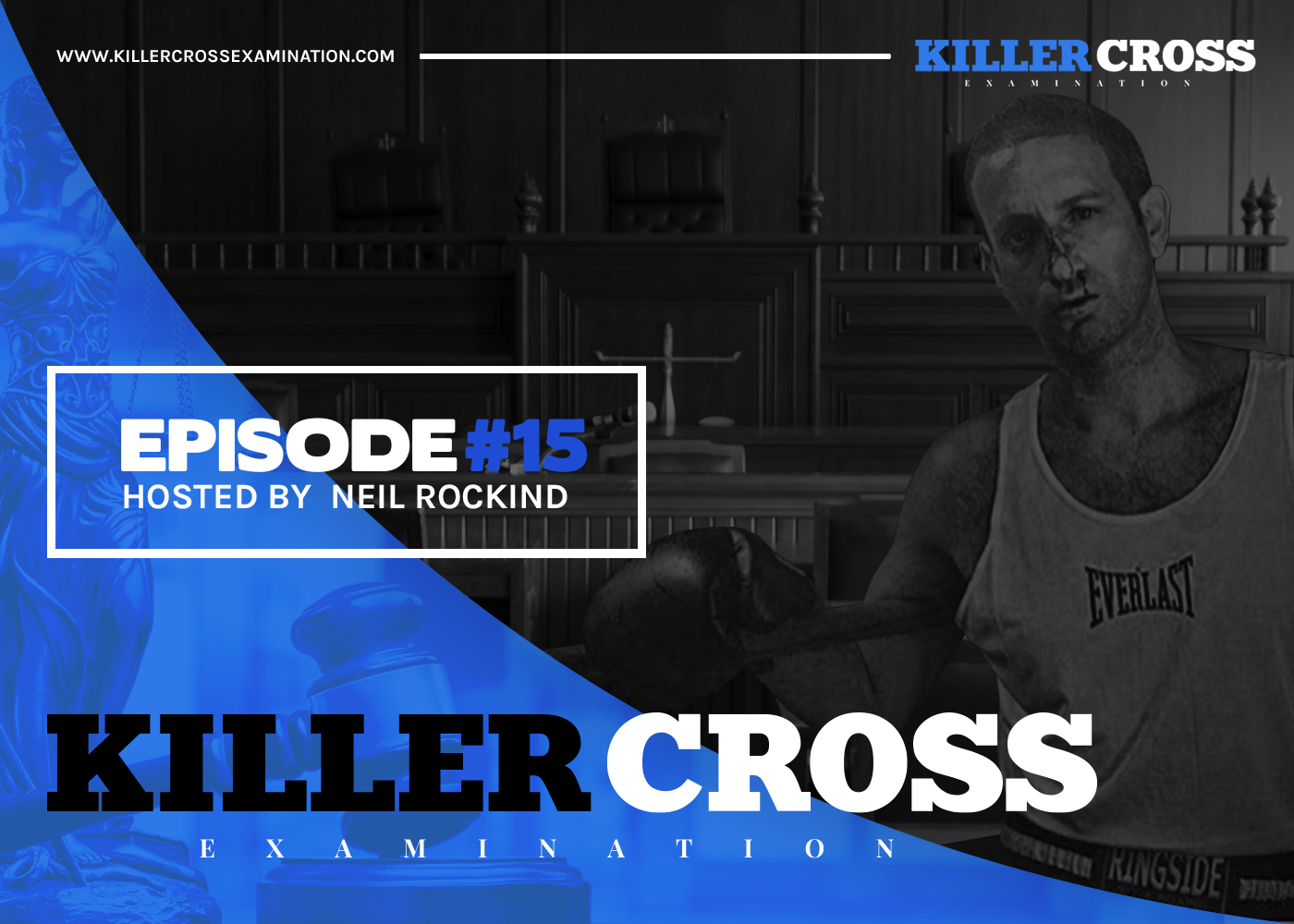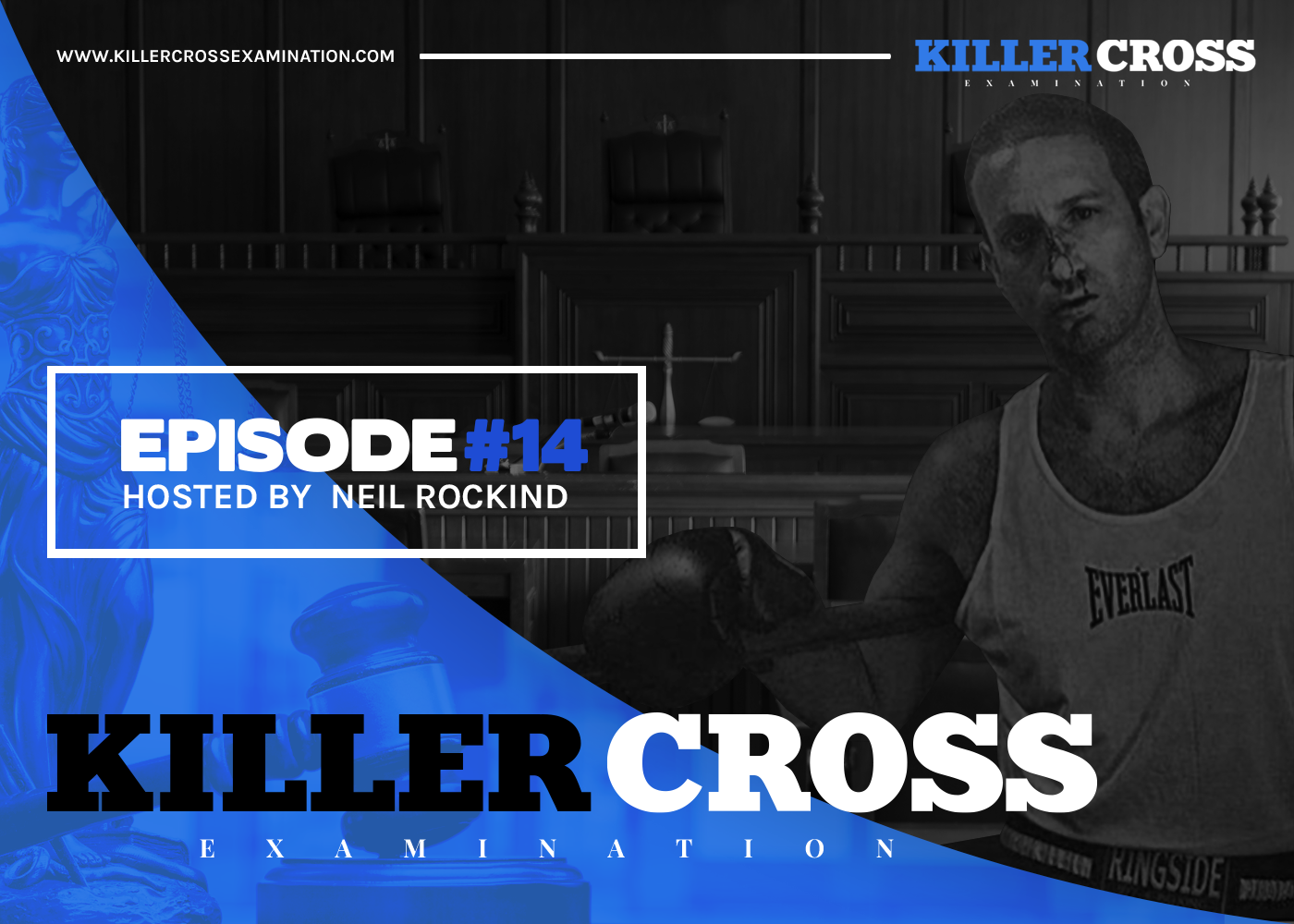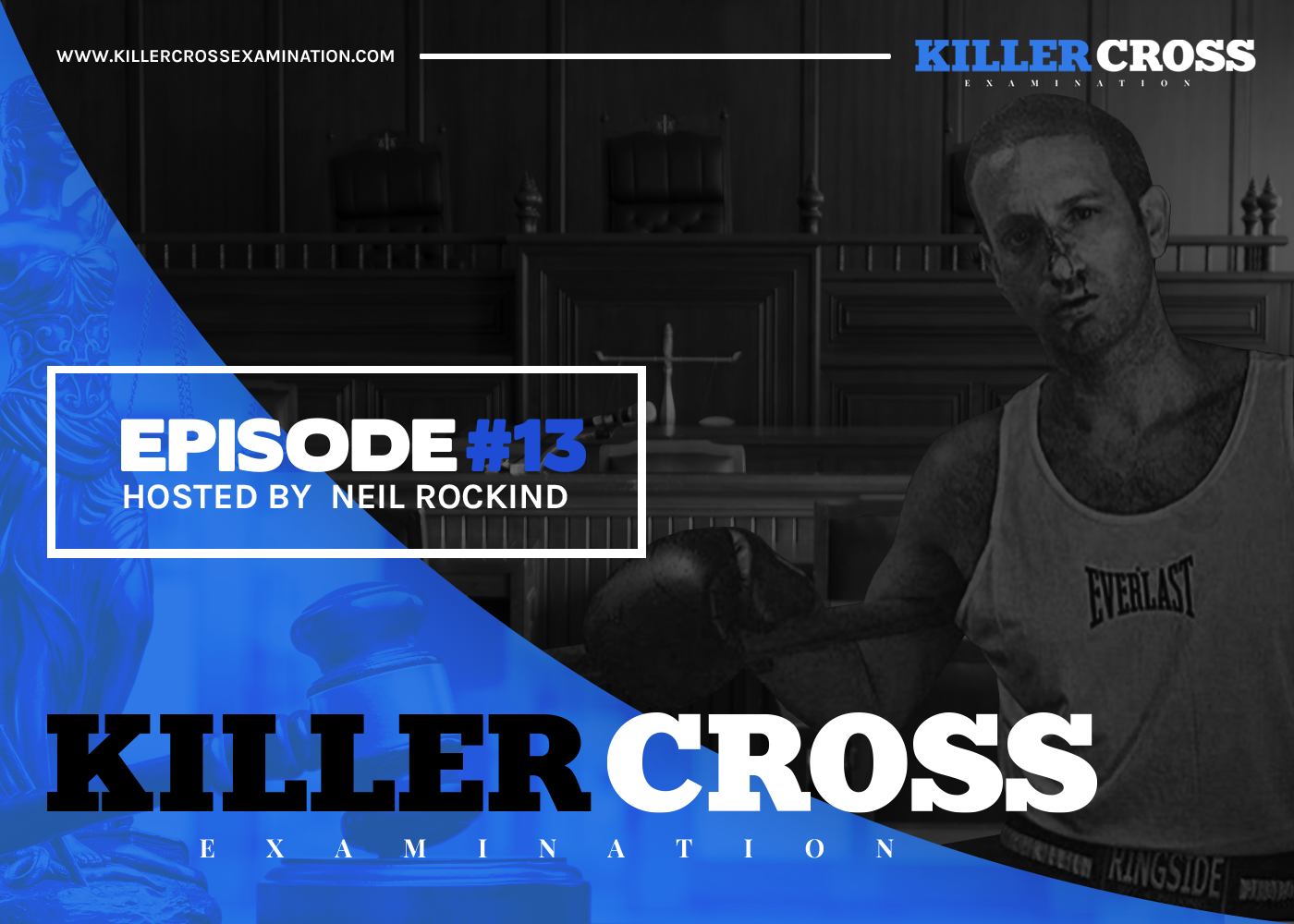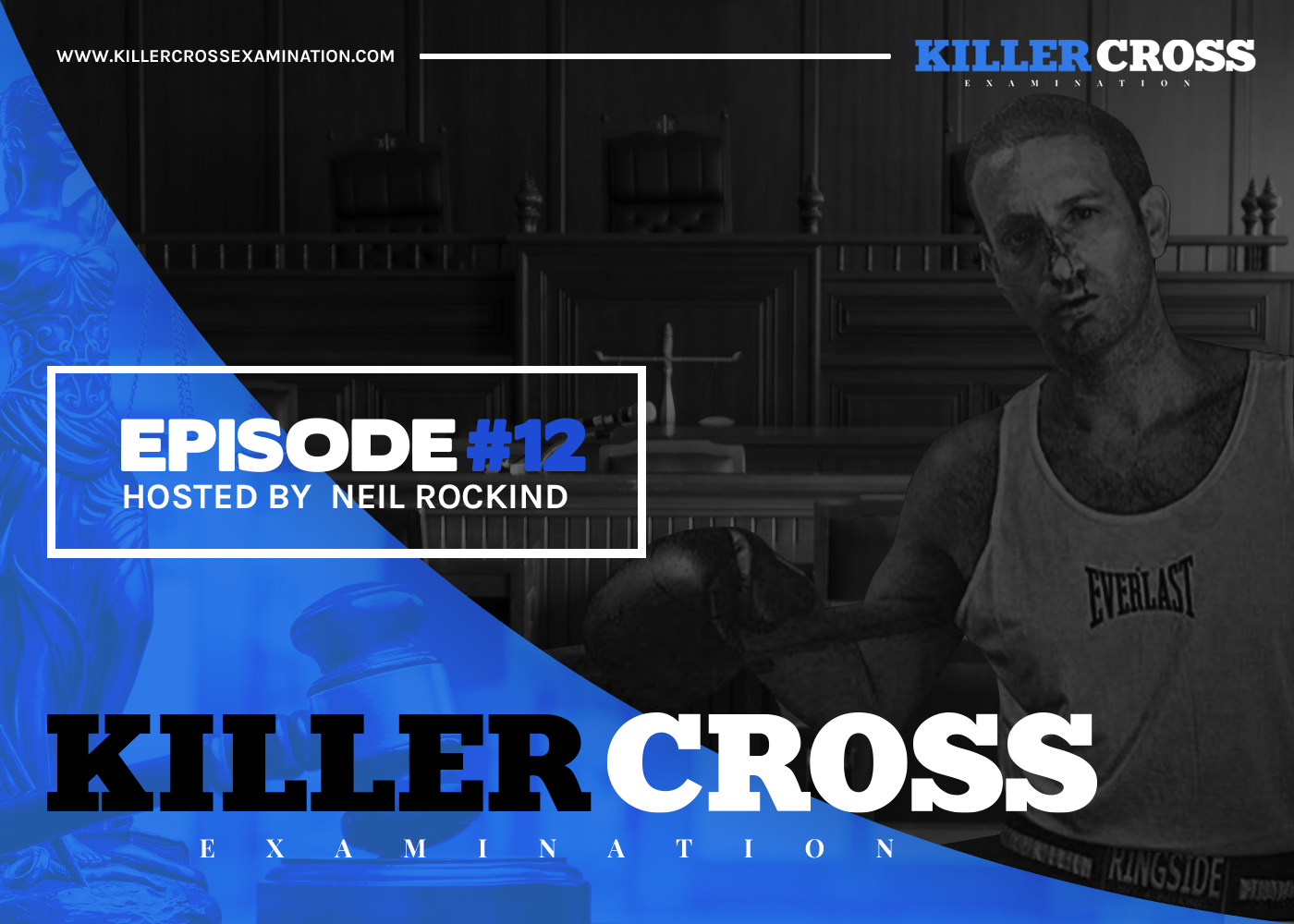Overcoming Unexpected Obstacles
Written by Harrison Kakos, Law Clerk at Rockind Law.
One of the most rewarding advantages of clerking for Neil is the opportunity it provides for gaining first-hand insight into his masterful abilities in the courtroom. To put it simply, observing him in action is a spellbinding and memorable experience. It is particularly captivating to behold his remarkable ability to quickly respond or react to what is elicited during testimony, to make crucial judgment calls in milliseconds, and to somehow always stay multiple steps ahead of everyone else.
With the pandemic forcing courts across the country to conduct hearings by Zoom in place of traditional sessions, the general public has been afforded an opportunity for viewing the workings of the justice system. Lately, I have found myself intrigued by just how taken aback and confused many laypersons, who are employed outside of the legal profession, have been at the tendency of some judges to brashly address courtroom participants or spectators. People express awe, puzzlement, and even anger at the manner in which they’ve recently witnessed judges harshly rebuke a party, find another in contempt, or otherwise demonstrate a troubling degree of immodesty.
In a recent hearing, Neil found himself facing a challenging judge who had no qualms about making clear that the courtroom was his domain and would be governed in a fashion he alone deemed best. The case was already challenging; it was highly complex, with voluminous discovery, a slew of serious counts, and intense media scrutiny. As if this weren’t enough, there was also the fact that a Special Prosecutor was specifically brought in to handle the delicate and noteworthy case.
Before the preliminary examination began, Neil was cognizant of just how crucial the proceeding was. All preliminary exams are, by their nature, significant. They are the equivalent of a “mini-trial” wherein the prosecution must demonstrate probable cause to believe that the offense(s) which the defendant is charged with occurred and were committed by that particular defendant.
Here, with the complex and sensitive nature of the case itself, Neil recognized that every minor detail and attribute of the hearing would have a profound and lasting impact on its trajectory.
The exam was held before a judge and in a courtroom that, up to that point, Neil hadn’t had any prior experience with. Although this meant that there wouldn’t be any concerns over preconceived notions from prior appearances spilling into this matter, it also meant that Neil not only was without the “home court” advantage—which the Special Prosecutor enjoyed— but also would be uncertain of exactly what to expect from the judge. The personality of a judge can range from one extreme to another and anything in between, making the lack of insight here yet another obstacle. Even so, Neil had prepared and was ready to dive into the proceeding.
Not long after starting, it became apparent that the judge had no reservations about speaking his mind. When Neil noticed that the prosecutor was introducing exhibits that had been combined in an unorganized manner, rather than individually separated or at least subjected to a pattern of some sort, he suggested that perhaps she instead distinguish between the individual materials to ensure that the record accurately reflected whatever was specifically introduced. Such suggestions are commonplace and routine. However, the judge nevertheless took issue with it and asserted that the particular manner in which the prosecutor admitted her exhibits was “none of [his] business”:
When Neil had offered this suggestion, he, of course, had not intended to be patronizing or even remotely disrespectful in any manner. With the judge now accusing him of doing so, Neil was unwilling to let such a misconception stand. He therefore firmly expressed that he had not intended any offense whatsoever but ensured that he was nevertheless respectful to the court and maintaining his composure.
Some attorneys are only capable of being collegial and shy away from confrontation, while others are firm and aggressive but unlikely to also be amicable. Neil, though, can oscillate fluidly between both realms; he will always strive to be sincere and cordial first, but most certainly has no qualms about unequivocally standing up for his clients, colleagues, or himself when necessary:
Because Neil was able to maintain civility without compromising his steadfast devotion to the client’s rights, he is able to get his point across without risking needless consequence. In fact, this maneuver even manages to lessen the tension, thereby softening the judge:
Over the next 45 minutes or so, there were multiple instances where the prosecutor sought to admit certain evidence into the record in violation of several different court rules and procedures. However, because Neil possesses a virtually encyclopedic knowledge of the many nuanced court rules, he certainly was not going to pass up legitimate objections with each such occurrence.
Since every objection is an interruption of the exchange between the attorney and witness, and requires the judge’s ruling before proceeding further, this understandably leads to delay. Rather than directing the prosecutor to ensure her approach was consistent with the rules of evidence, though, the judge instead declared that at this rate, they’d need to continue the hearing the following day. He even lamented that it would have to begin at 6:00 a.m. for any feasible hope of concluding:
Without missing a beat, Neil stayed focused and collected. He didn’t debate with the judge or react indignantly. Conversely, Neil matter-of-factly informed the judge about a prior conflict that would preclude him from returning the following day. His measured response left the judge with little else to retort with, other than a questionable pronouncement that his order “is bigger than [the other judge’s] order.”
When the judge continued to travel down this path, though, Neil refused to sit by idly. Not only did he expressly clarify that he did not desire to be difficult, but when the judge continued to complain about the objections, Neil made sure to reveal that he had actually looked past the full extent of objectionable exchanges:
After another witness was called and the prosecutor continued to make one misstep after another, Neil continued to object. He was not going to sacrifice his client’s rights merely to placate the judge:
About 15 minutes later, more violations induced more objections by Neil. In spite of the judge’s clear dissatisfaction with repeated objections, Neil could not, in good conscience, cave in and ignore that which the client was fairly entitled to and deserving of merely to avoid further reprimanding by the judge. When the judge sarcastically suggests Neil has objected to a question as innocuous as a witness’s name, he emphatically denies doing so and makes clear that he resents such a remark:
Not only did Neil categorically emphasize that he took exception to the judge’s comment, but he even underscored that he is simply doing his job. If anything, Neil would have been derelict if he chose to ignore such repeated and excessive violations of the proper procedure.
Later on, Neil cross-examined the detective who had investigated the case. Months earlier, when this detective swore to the accuracy of the criminal complaint (the affidavit composed when initially seeking charges against a person), he had made a significant error and inaccurately overlooked that the document stated that he himself was directly involved in the matter (as a co-defendant), and even featured allegations of the crime occurring in a separate county.
During the cross-exam, Neil called attention to these facts to capture the tunnel vision with which the investigation was led, as well as the inattentiveness of the authorities. The judge quickly characterized this as a mere “clerical error” and complained that Neil had falsely claimed the officer lied. Because Neil had done no such thing, he explicitly rejected the assertion:
In addition, Neil felt enough was enough and now directly indicated that he was sensing a strong bias:
The judge tried to dance around Neil’s candid remarks and implied that Neil’s feelings were somehow hurt. Knowing Neil personally, this assessment was so off-base that it was laughable. Neil is incredibly thick-skinned and perhaps the last person who’d ever get his own feelings hurt, let alone irritated by something so frivolous. He will, however, absolutely refuse to allow the feelings or reputation of a client to be impugned, and he made this clear on the record.
These excerpts captured just one of the many instances where Neil has exhibited a steadfast commitment to our clients and an unyielding resolve for the truth, for what is fair, and for what is just.
These exchanges also capture Neil’s philosophy as it pertains to handling challenging judges. The primary approach should always be one of humility and pleasantness. However, unfortunately, sometimes kindness is mistaken for weakness. When this occurs, it is imperative to stand up for the client and fight back. Neil wouldn’t ever adopt an abrasive stance for no purpose, especially because such a tactic is likely to backfire and harm the client’s prospects. In that same respect, he will never succumb under pressure, nor will he shy away from unreservedly speaking his mind and stating the truth.
When I spoke with Neil about this hearing and his thought process, he explained that he’d much rather get pushed around by the judge and secure a favorable outcome for the client than acquiesce and sacrifice the case. He stressed that when a client’s rights are being so overtly impacted, his sole focus is protecting the client.
Tellingly, this is not only an admirable stance, but an effective one. The remainder of this hearing featured no further remarks or complaints by the judge. The matter was recalled two weeks later as they were unable to conclude on the first day; the second time around, the judge’s demeanor was totally different and far more agreeable. Recognizing that Neil will vigorously advocate on behalf of a client, while still maintaining his respect for the dignity and authority of the court, fostered a sense of admiration that inspired him to appreciate and understand that Neil was, as he had noted that first day, just doing his job, and doing it very well.

